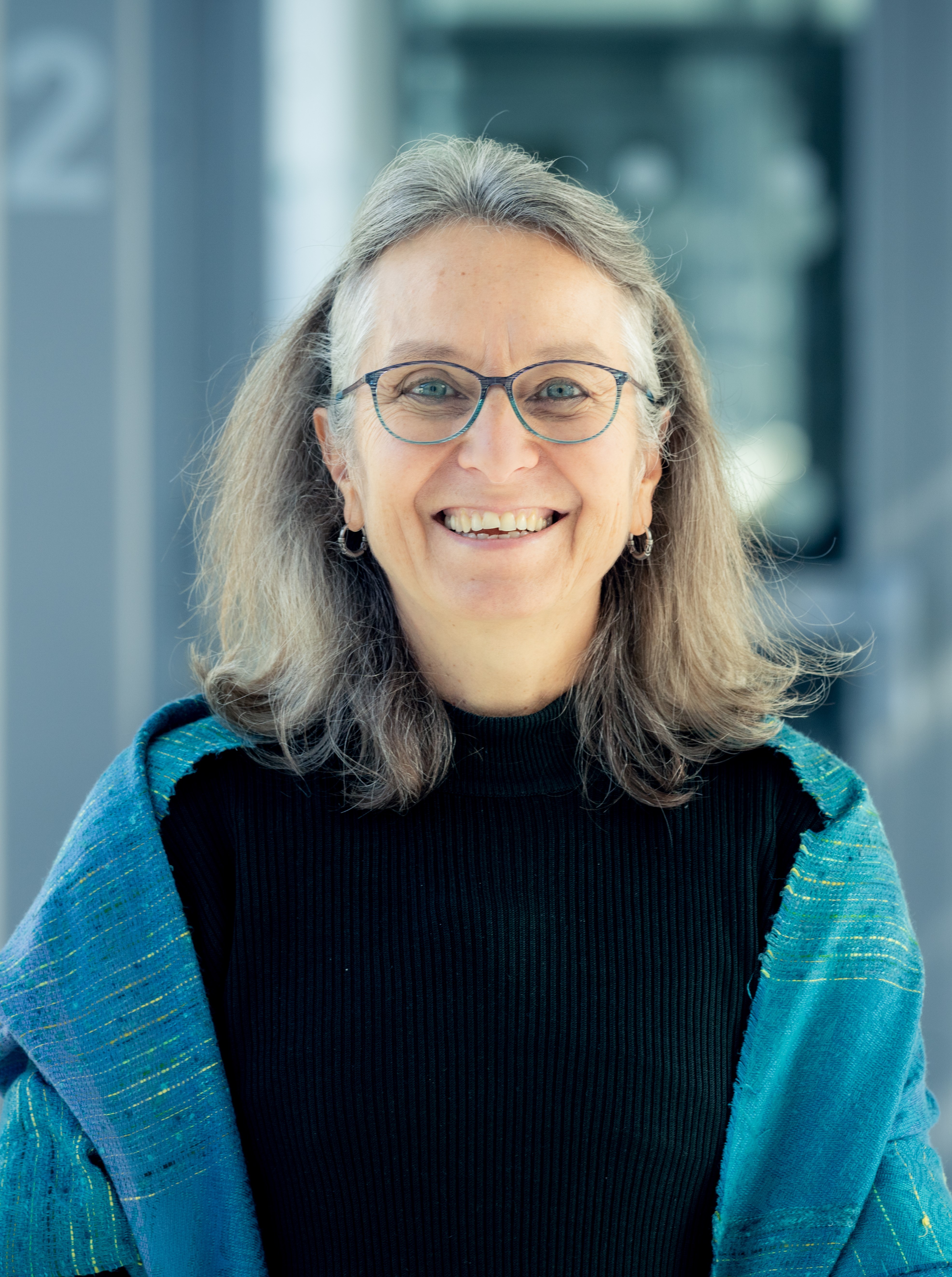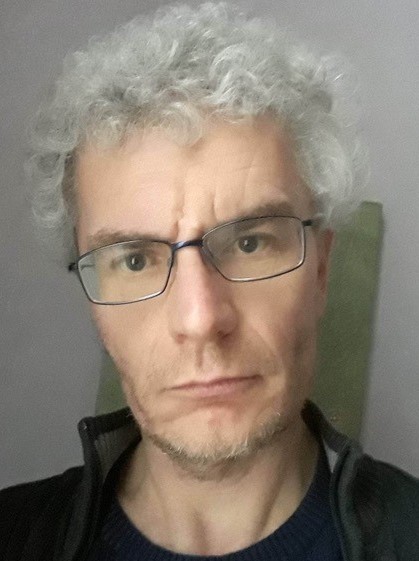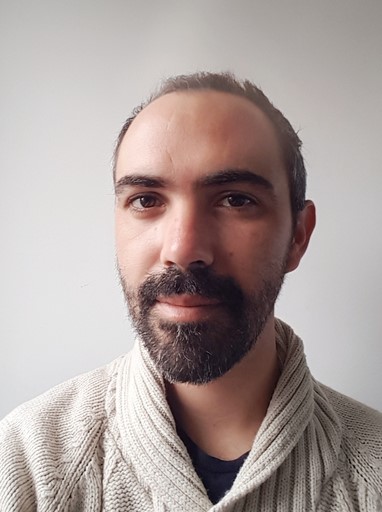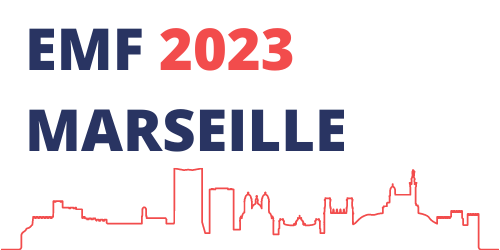3 invited speakers confirmed their participation in our symposium.

Anne-Sophie Bonnet-Ben DhiaENSTA Paris (France)
Anne-Sophie Bonnet-Ben Dhia is a former student of the Ecole Normale Supérieure de Jeunes Filles. She received the PhD degree in Applied Mathematics in 1988 and the Habilitation à Diriger les Recherches in 1995 from the University Pierre et Marie Curie. She is presently Directeur de Recherche at CNRS.
She is the leader of the research team POEMS (associated to CNRS, INRIA and ENSTA Paris) whose activities are devoted to the mathematical and numerical analysis of wave phenomena. She is a specialist of spectral theory and scattering theory, with a particular interest for waveguides configurations. Her theoretical and numerical contributions apply to various physical domains covering optics and electromagnetism, water waves, acoustics, aeroacoustics and ultrasonics.
Photo © Inria / Photo B. Fourrier

François HenrotteUniversity of Liège (Belgium)
Dr Ir François Henrotte completed his Engineering Degree in 1991 and his PhD in 2000, both at the University of Liège in Belgium. He has then worked as a researcher at the Katholieke Universiteit Leuven (2000-2004), at the Institut für Elektrische Maschinen (2004-2011) in Aachen, Germany, at the Université catholique de Louvain (2011-2021) UCL and at the University of Liège (2016-). His main activity is the multiphysics simulation of electrical machine/drives or other applications in the framework of industrial R&D projects or academical research. He is also developer in the open-source packages Onelab, getDP and Gmsh. His main interest is the development of efficient and accurate modelling tools for electromagnetic or multiphysics systems, with emphasis on the electromechanical coupling (magnetic forces and stresses), material properties (hysteresis, iron losses, superconductors), applied mathematics (differential geometry, algebraic topology, convex analysis, dual analysis, energy methods), homogenization, sensitivity and optimization.

Benjamin VialImperial College London (United Kingdom)
Benjamin Vial received the Master’s degree in Engineering from Centrale Marseille (Marseille, France) and the Master’s degree in Physics from Aix Marseille University (Marseille, France) in 2009.
He then joined Fresnel Institute, CNRS (Marseille, France) where he pursued a PhD in collaboration with the company Silios Technologies (Peynier, France) about the theoretical, numerical and experimental study of electromagnetic metamaterials using a modal approach and their application to infrared multispectral filtering.
He then joined the Antennas and Electromagnetics research group at Queen Mary, University of London (London, UK) in July 2014, focusing on topology optimization techniques for the design of novel metamaterial based devices with specific microwave properties.
Since August 2022, he is a Research Assistant in Imperial College London, working in the Department of Mathematics on the propagation of waves in elastic metamaterials for energy harvesting applications.
His research interests are mainly focused on wave physics including metamaterials, Transformation Optics, homogenization techniques, resonant phenomena, light-matter interaction, scattering, diffraction, modal analysis, and topology optimization, for applications in Photonics and Mechanics.

